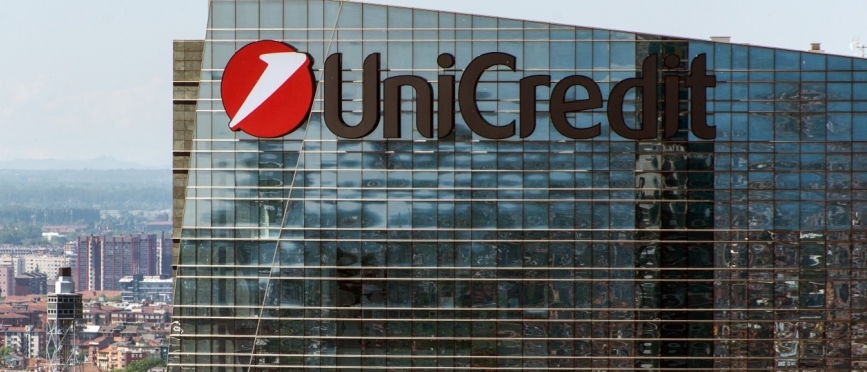US insurance start-up Lemonade doubled its share price upon its IPO debut, raising almost $320m, and valuing the company at more than $3bn at the time.
Although this happened a little back, (early July) it is worth revisiting as the share price has remained high (now it at a 50 per cent premium to launch) and because Lemonade declared itself a B Corp in May.
The B Corp tag, the US tax categorisation for a company of social good, has clearly not prevented the company from achieving a successful launch, and Lemonade’s chief behavioural officer, Professor Dan Ariely, has been caustic about traditional insurance: “If you tried to create a system to bring out the worst in humans, it would look a lot like the insurance of today.”
Insurtech companies need to be, arguably, more aware of the delicate nature of ESG, the data that they hold is clearly quite personal (and that is before one gets to health data) and, in the UK at least, the roots of the industry are steeped in creating protection. None-the-less, traditional companies have for these and other reasons been slow to adopt technology, and it leaves the area open to such ‘disrupters’ as Lemonade.
Lemonade holds a distinct business model where says that a fee is taken from each policy written and the reserves that are not used up in paying claims will be donated to charity.
The company’s use of technology and social media (there are no media or press tag, instead it has ‘blogs’) makes it clear that it wants to appeal to a younger more socially and technology conscious audience (it also has pet photos and life stories, and uses technology terms such as describing itself as a ‘full stack insurer’). A main part of its focus in renters insurance for younger non-homeowners.
Whether the model will be followed, the idea remains an interesting variation on an old industry, and one that could be followed in other sectors.
Latest News
-
Private health provider awards £10,000 to arthritis research team
-
Building Society hands out £1m to tackle inequality
-
Premier League and Comic Relief partnership aims to improve children’s mental health
-
Russell Hobbs launches food poverty campaign in schools
-
Tottenham Hotspur and charities launch film to tackle mental health stigma
-
Cardfactory funds homelessness charity’s team of psychologists
© 2019 Perspective Publishing Privacy & Cookies







Recent Stories